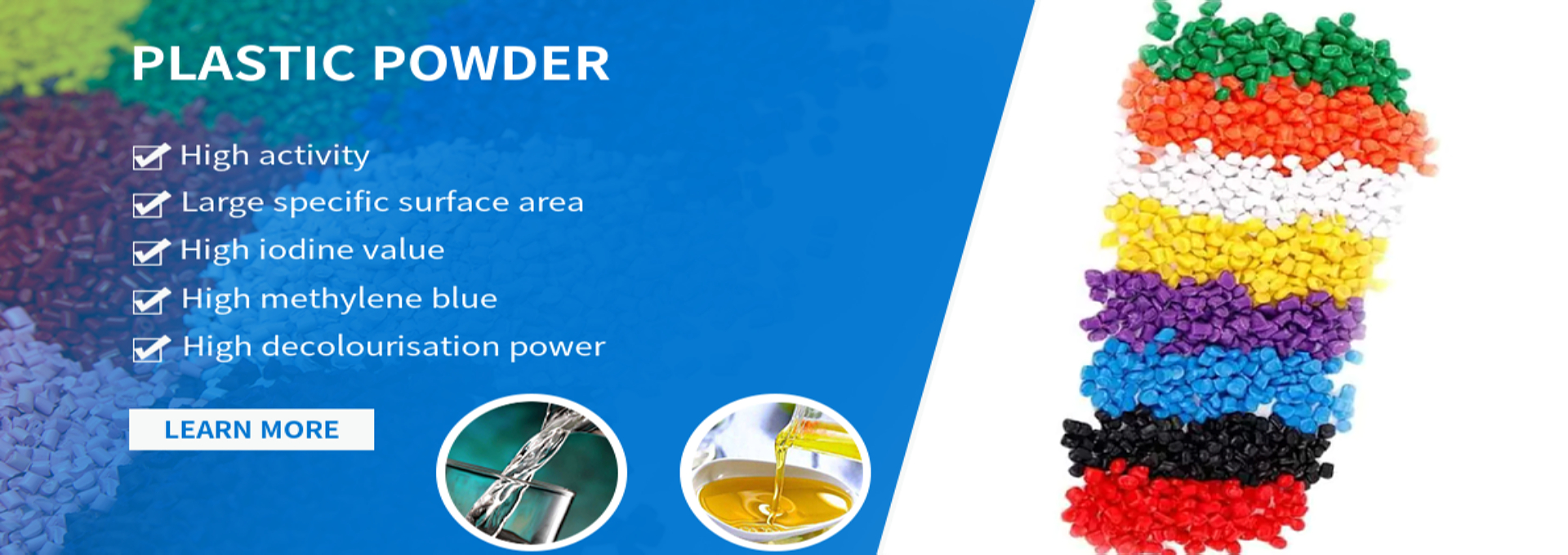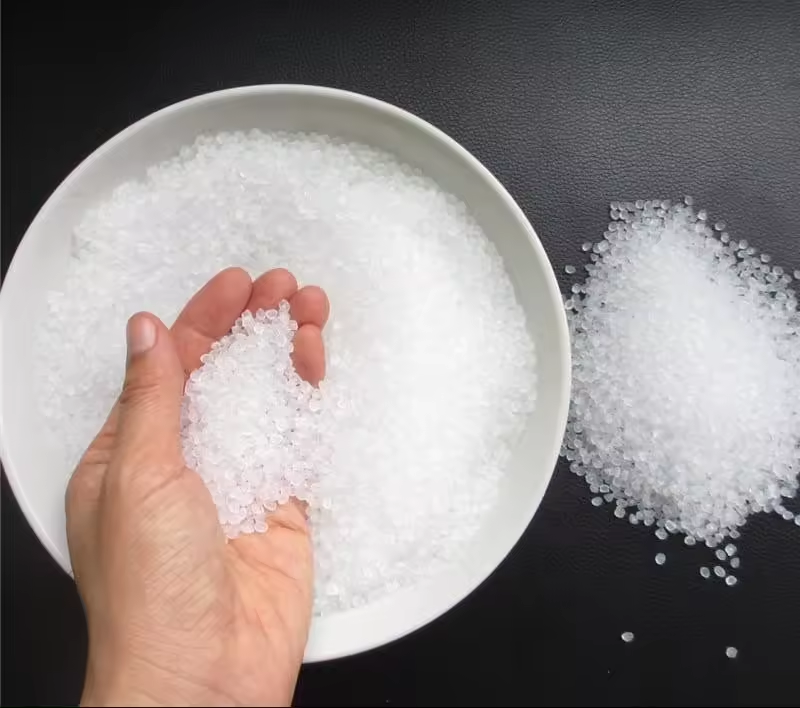

Product introduction
Plastic pellets, also known as plastic resin or polymer granules, are small, pellet-like forms of plastic material that serve as the raw material for various plastic products. These pellets are typically produced through a process called polymerization, in which monomers (the building blocks of polymers) are chemically bonded together to form long chains known as polymers. These polymers are then processed into pellets of different shapes and sizes, depending on their intended use.
Plastic pellets are used in a wide range of industries and applications due to their versatility, durability, and cost-effectiveness. One of the most common uses of plastic pellets is in the manufacturing of plastic products such as bottles, containers, bags, toys, automotive parts, and packaging materials. The pellets can be melted and molded into various shapes using processes such as injection molding, extrusion molding, and blow molding.
There are various types of plastic pellets available, each with its own unique properties and characteristics. Some of the most commonly used types include:
Polyethylene (PE): PE pellets are lightweight, flexible, and have excellent chemical resistance, making them ideal for applications such as packaging films, bottles, and containers.
Polypropylene (PP): PP pellets are known for their high heat resistance and stiffness, making them suitable for automotive parts, appliances, and medical devices.
Polyvinyl Chloride (PVC): PVC pellets are versatile and can be rigid or flexible depending on the additives used. They are commonly used in construction materials, pipes, and vinyl flooring.
Polystyrene (PS): PS pellets are lightweight and have good insulation properties, making them ideal for disposable food containers, packaging, and insulation products.
Acrylonitrile Butadiene Styrene (ABS): ABS pellets are tough, impact-resistant, and have good surface finish, making them suitable for automotive parts, electronics, and consumer goods.
In addition to their wide range of applications, plastic pellets also play a crucial role in recycling and sustainability efforts. Recycled plastic pellets, also known as regrind or reprocessed pellets, are produced from post-consumer or post-industrial plastic waste and can be used to manufacture new plastic products, reducing the consumption of virgin plastic materials and minimizing environmental impact.
In conclusion, plastic pellets are essential raw materials used in various industries for the production of a wide range of plastic products. Their versatility, durability, and recyclability make them indispensable in today's modern society, despite the ongoing concerns surrounding plastic pollution and environmental sustainability. Efforts to innovate and improve recycling technologies will continue to play a vital role in mitigating the environmental impact of plastic pellets and advancing towards a more sustainable future.
Related products








